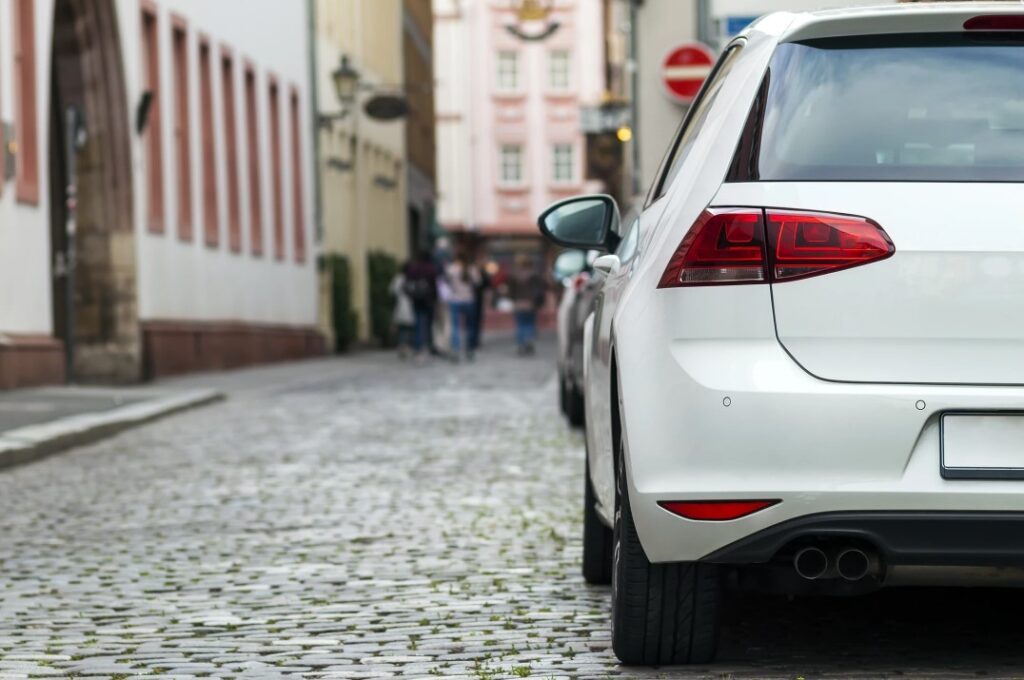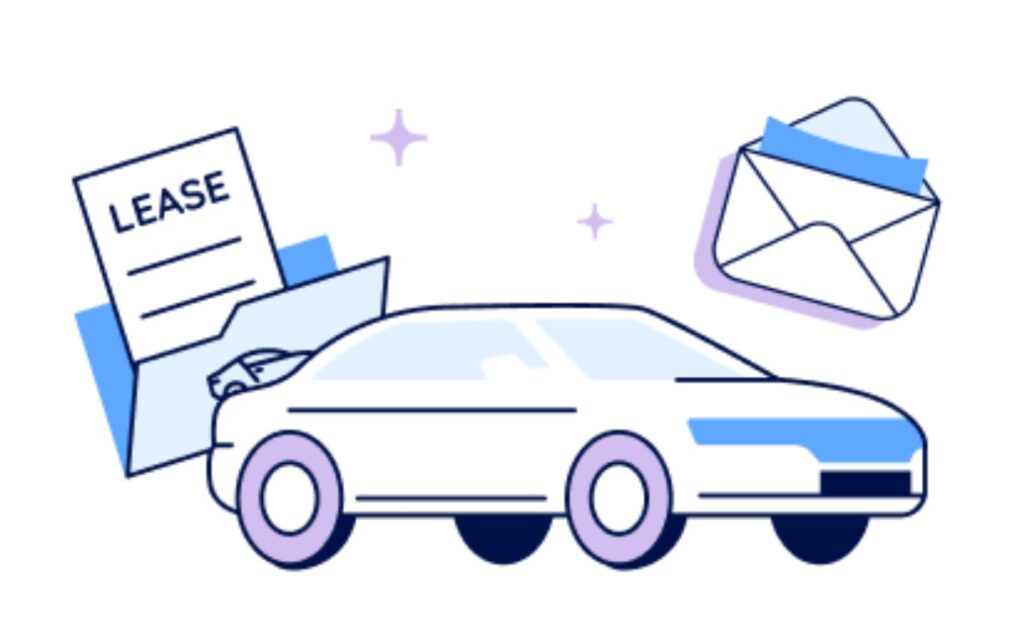Company's car and taxes
Let's check if it is reasonable to have a car under a company name and what are related taxes.
car purchase itself,
repair,
fuel,
etc.
If your company is liable for VAT, it is also allowed to deduct VAT in this case for all related expenses and for the car itself.

A note regarding full business usage in Transpordiamet should be made in this case.
In this case, the VAT return is limited to 50%. Also, fringe benefit taxes need to be paid, which amount is dependent on:
car's age
car's power:
for the cars older than 5 years old - 🛑 1.47 euros per kW 🛑.
Let's take Skoda Octavia, year - 2015 (older than 5 years), 110kW, market price - 10 000 euros.
Monthly fringe benefit taxes will be 161.7 or 1 940.4 euros per annum.
If you had to buy 10k of worth a car with your own funds, you would have needed need to take out dividends or pay yourself a salary.
Audi Q5, year - 2020 (less than 5 years old),140kW, market price - 30 000 EUR.
Taxes: 205.8 per month, 2 469.60 per year
Dividend tax: 7 500 EUR
Salary taxes: 18 000 EUR
Mercedes, S class, year - 2020 (less than 5 years), 240 kW, market price - 100k
As you see, the more expensive the car is, the more reasonable it is to buy with the company's money.

But let's also consider the option of buying with borrowed funds.
And if we take the example of a luxury car, then leasing for a Mercedes, S class is approximately 22,000 euros per year. Taxes on special benefits: 4.2 thousand per year. To pay a salary in the amount of 22,000, you will need to pay approximately 13 thousand taxes, and on dividends - 5.5 thousand taxes.
